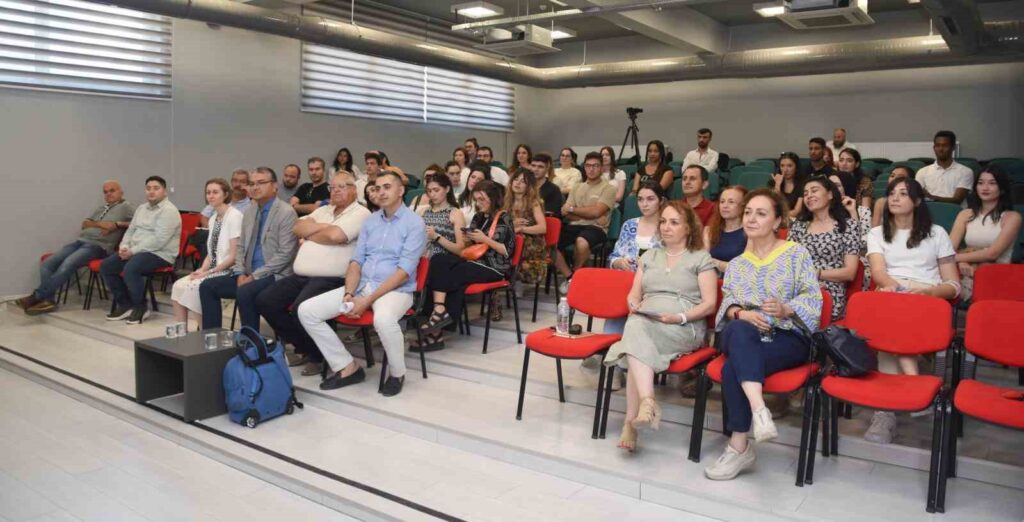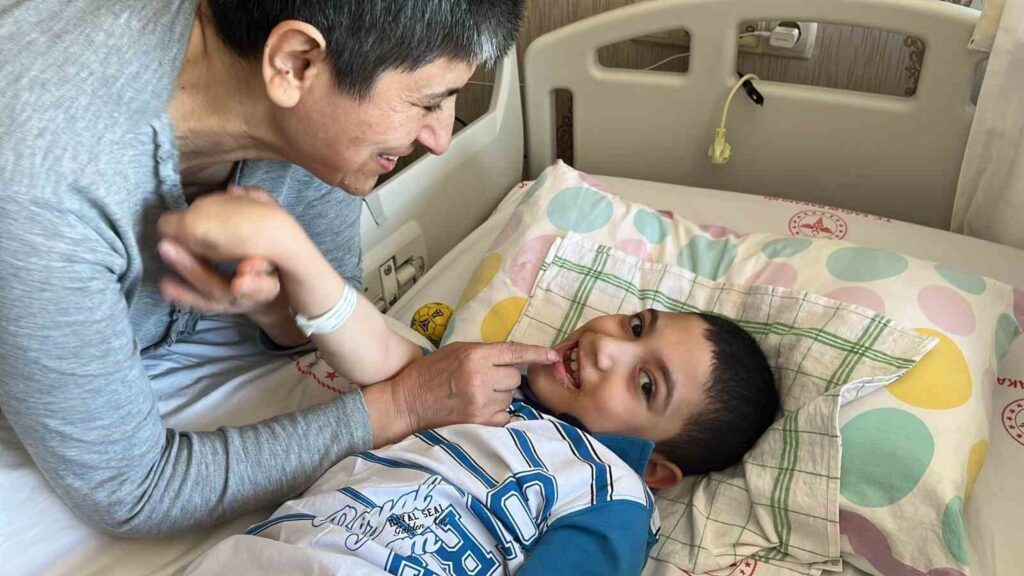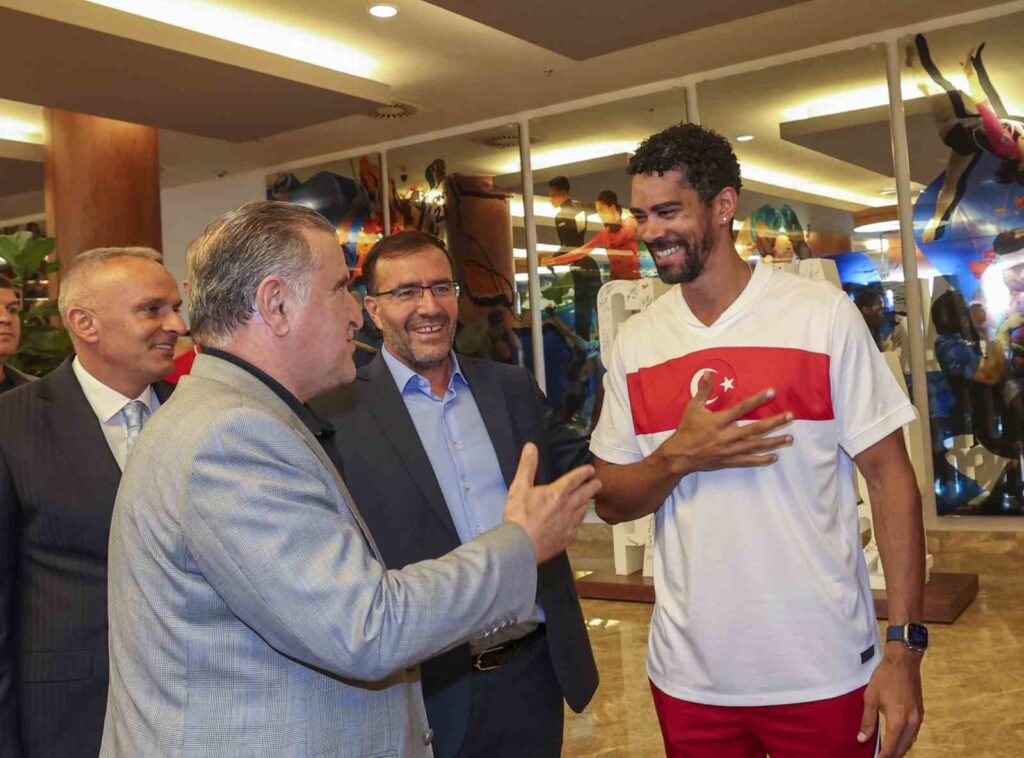Erasmus BIP opening meeting was held at ESOGU Faculty of Agriculture.
The second part of the program “The Use of Local Genetic Resources for Sustainable Agriculture in the Mediterranean Basin” within the framework of Erasmus BIP is being hosted by Eskişehir Osmangazi University (ESOGÜ) Faculty of Agriculture. ESOGÜ, together with Perugia (Italy) and …

The second part of the program ‘Use of local genetic resources for sustainable farming in the Mediterranean basin’ within the Erasmus BIP framework is being hosted by Eskişehir Osmangazi University (ESOGÜ) Faculty of Agriculture. ESOGÜ, in collaboration with the Universities of Perugia (Italy) and Cordoba (Spain), held the opening meeting of the program, which will take place between July 8-18, 2024, at the Faculty of Agriculture Ali Numan Kıraç Campus conference hall. The first part of the program titled ‘Use of local genetic resources for sustainable farming in the Mediterranean basin’ was conducted online from June 3-28, 2024, with the participation of around 30 students from three countries. The second part of the program includes 30 participants consisting of undergraduate and graduate students and faculty members from Italy and Spain, as well as students and faculty members from ESOGÜ Faculty of Agriculture. Dean of ESOGÜ Faculty of Agriculture, Prof. Dr. Onur Koyuncu, emphasized the importance of making future-oriented plans without delay while providing information on the subject. He highlighted that agriculture, which consists of two main branches, plant and animal production, is becoming increasingly difficult due to the effects of global warming, encountering new challenges, and emphasized the need for future-oriented planning without delay. Prof. Dr. Koyuncu stated that under the effects of global warming, local genetic resources are becoming more valuable each day to ensure the continuity of sustainable agricultural production, and emphasized the necessity of increasing scientific studies on reducing temperature stress in plants and animals, more efficient use of water, and similar topics. Stressing that the program they conducted in collaboration with Italy and Spain will contribute to raising awareness on current issues in plant and animal production and facilitating knowledge exchange among students and faculty members, Prof. Dr. Koyuncu mentioned that Turkey will continue to participate in such organizations as a requirement of its pioneering role in world agriculture.







